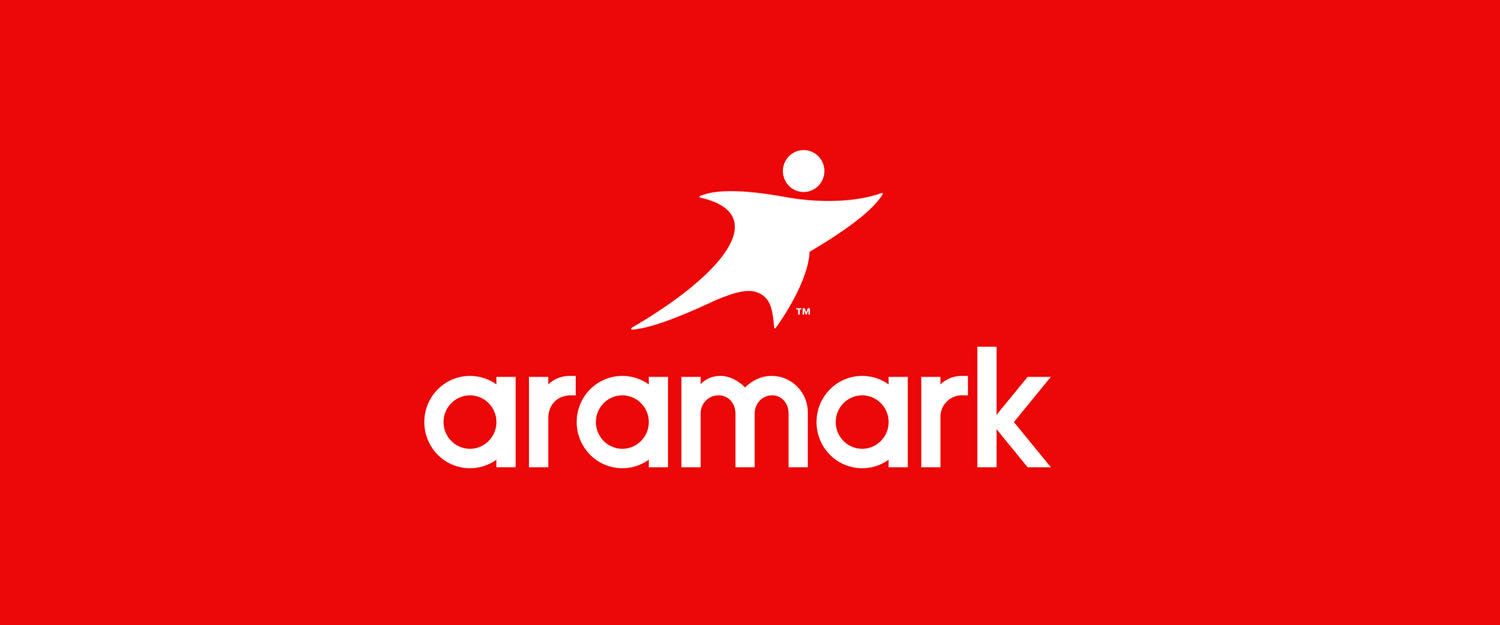California Management Review
California Management Review is a premier professional management journal for practitioners published at UC Berkeley Haas School of Business.

Aramark, one of the largest food conglomerates in the United States, is consistently ranked among the most ethically admirable companies in the world by influential organizations like the Ethisphere Institute and Forbes. Aramark is responsible for providing the meals served at many recognizable college campuses, including the University of Virginia, University of Michigan, and the University of Chicago. The company also provides food and services for many health care institutions, sports facilities, and federal and state prisons. But what exactly constitutes an ethical business – and is Aramark truly one of them?
The Ethisphere institute, which determines and reports corporate ethical standards and statistics, defines “ethics” as a combined reflection of the impact of each company’s compliance program, corporate citizenship and responsibility, culture of ethics, governance, leadership, innovation, and reputation.[^1]
By this definition, Aramark appears to easily fit the bill. Since 2008, the Aramark Building Community program (the company’s volunteer organization) has invested a sum of $8.5 million and a scope of 25,000 people in various international projects and partnerships.[^2] In 2010, following the inauguration of Michelle Obama’s Let’s Move campaign, Aramark pledged, along with other major institutional food providers, to “ “reduce the amount of fat, sugar and salt in their meals over the next five years”.[^3] Aramark also launched a campaign titled “20by20,” which promises to “achieve a 20 percent reduction in calories, saturated fat and sodium, as well as a 20 percent increase in fruits, vegetables and whole grains, by 2020”.[^4] In addition, the company provides ample employee benefits.
However, as of 2015, Aramark has been publically criticized for its correctional services provisions. The company provides food for employee supervisors and inmates.[^5] Many Aramark prisons, especially in the American Midwest, have filed complaints of sub-par food quality and the alleged sexual harassment of inmates by Aramark employees.
“Even universities that have ended partnerships with Aramark point to structural issues and privatization, rather than unethicality.”
Despite these offenses, it has been difficult to establish Aramark’s direct responsibility in each case. As a result, the company has not faced large charges of unethical conduct. Though many prisons have chosen to cut ties with Aramark, these choices seem to be motivated primarily by the company’s price hikes and monopolistic domination of the food provision sector. Even universities that have ended partnerships with Aramark, such as Yale, point to structural issues and privatization, rather than unethicality, for the discontinuance. The company has managed to stay on its feet, even in cases where its ethics were questioned: though the University of Virginia’s newspaper, The Cavalier Daily, was adamant on discontinuing Aramark’s service at its campus after its problems in Michigan correctional facilities in 2014, the school’s administration renewed its 20-year Aramark contract.[^8] It has not faced scrutiny by the public eye either; Aramark stock remains largely unaffected even with each report of its subpar prison services.
Given Aramark’s track record in prison services, the question arises again: “what does it mean to be an ethical business?” On one hand, many of Aramark’s services – from company dining to Olympics catering – have been commendable, and its community values seem strong. On the other hand, its prison services, which are by no means a small part of the company, require change.
Aramark’s track record begs the question: “What does it mean to be an ethical business?”
Although the niche market of prison services is not particularly known for its exemplary quality – other large providers routinely overcharge for low quality products – Aramark’s actions cannot be overlooked, particularly in the context of its claim that “enriching and nourishing lives is our mission and responsibility.”[9]
The concept of business ethics, as it stands currently, is abstract and constantly evolving. As such, it remains hard to define. However, it is clear that good ethics and trustworthy business practices increasingly correlate with business longevity. Many companies have made long strides in creating desirable work cultures and sustainable practices.
If the standards for defining “ethics” are to become further utilized, respected, and eventually marketed, a more comprehensive review must be established. Any business – even Aramark – should not be allowed to make choices that are not reflective of decent levels of quality while still being honored as “ethical.”
 Insight
Kevin Schmitt et al.
Insight
Kevin Schmitt et al.
 Insight
Vijay Govindarajan et al.
Insight
Vijay Govindarajan et al.